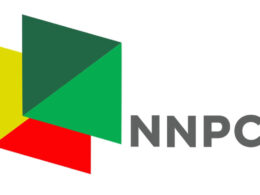The Federal Government of Nigeria is allocating N350 billion in the 2024 budget towards a consumer credit fund and a national poverty reduction strategy.
The National Poverty Reduction with Growth Strategy is allocated N250 billion, emphasizing a commitment to addressing poverty, especially in rural areas. Additionally, N100 billion is designated for the establishment of a Consumer Credit Fund, a move supported by the Presidential Council on Industrial Revitalization to enhance consumer credit through collaboration with the Central Bank of Nigeria (CBN), the National Identity Management Commission, and the Federal Competition and Consumer Commission.
Minister of Industry, Trade and Investment, Dr. Doris Uzoka-Ani, highlighted the importance of an efficient consumer credit system for economic success. The absence of such a system has hindered financial inclusion and economic prosperity, with challenges such as stringent eligibility criteria, high-interest rates, identity-related issues, and lack of awareness. Despite the growth in consumer credit in Nigeria, access to credit remains a significant challenge for many citizens.
The National Poverty Reduction with Growth Strategy, approved in 2021, aims to lift 100 million Nigerians out of poverty over a 10-year period (2021-2031). However, recent World Bank projections suggest that the number of Nigerians below the international poverty line will reach 38.8% in 2024 due to slow growth and rising inflation.
To address immediate poverty concerns, the World Bank recommends targeted measures, including cash transfers, to mitigate short-term adjustment costs for the poor and vulnerable. Despite ongoing efforts, challenges persist, and the government’s commitment to poverty reduction is viewed as crucial for both economic development and national security.










Join our Channel...